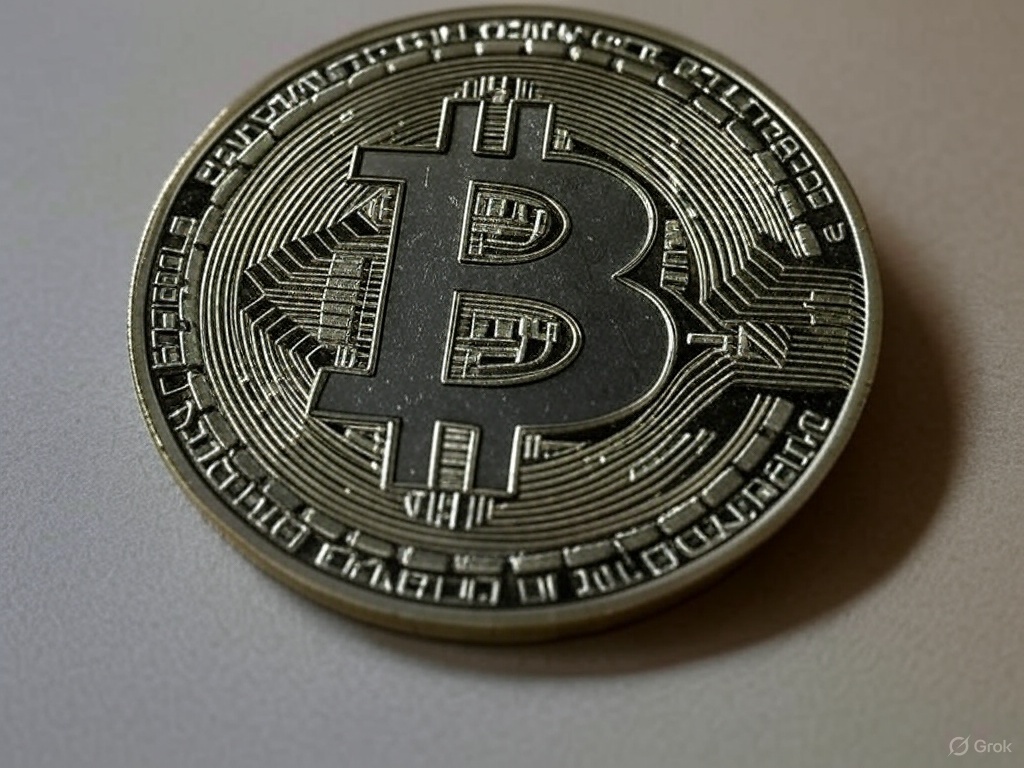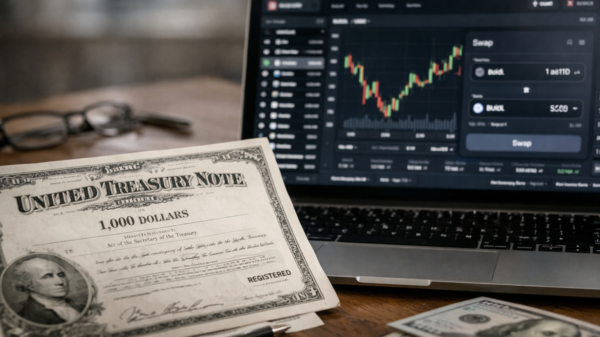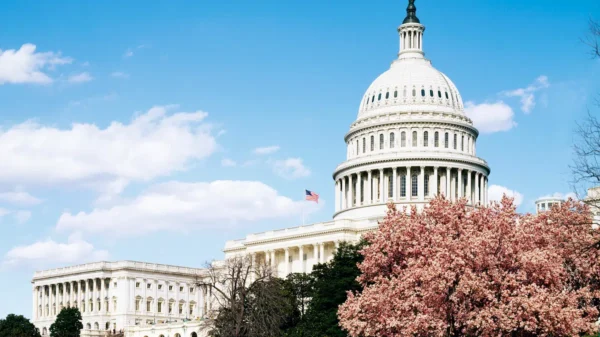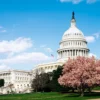There’s generally been a lot of friction from official sources on how cryptocurrencies like Bitcoin should be classified. It’s included some regulatory tug of war between the Securities and Exchange Commission (SEC) and the Commodities Futures Trading Commission (CFTC).
Former SEC chief Gary Gensler was willing to see Bitcoin as a commodity and not necessarily go after it and its adherents, whereas he took a dim view of rival cryptos like Ethereum and XRP, even culminating in a knock-down drag-out fight between the SEC and XRP’s creator, Ripple Labs.
Now President Donald Trump’s administration has decided to end the conflict at least surrounding Bitcoin by declaring it as commodity.
Secretary of Commerce Howard Lutnick announced a new classification that treats Bitcoin as a commodity, not a security. This change aligns Bitcoin with traditional commodities such as gold and oil. As a result, investors and exchanges will receive clearer regulatory guidance.
The decision aims to remove ambiguity around Bitcoin’s legal status. In turn, it could encourage broader adoption and integration of cryptocurrencies into the financial system. Moreover, the move reflects a growing recognition of digital assets as part of mainstream markets.
Lutnick said that classifying Bitcoin as a commodity simplifies the regulatory landscape. This shift offers a clearer framework for market participants. As a result, it could reduce uncertainty and create a more stable environment for cryptocurrency trading.
By treating Bitcoin like gold, the administration recognizes its role as a store of value. It also positions Bitcoin as a hedge against economic instability.
Read more: Mastercard steps even deeper into the crypto-sphere with deal with OKX
Read more: Bitcoin miners struggle in the wake of Trump tariff fallout
A strategic reserve reinforces role of Bitcoin in the global economy
The government launched a Strategic Bitcoin Reserve alongside the new classification, calling it a “Fort Knox digital.” This initiative seeks to diversify national reserves beyond gold and foreign currencies.
Officials will capitalize the reserve with about 200,000 bitcoins seized in criminal and civil cases. This approach ensures taxpayers won’t bear any cost. Over time, the reserve could strengthen financial stability and help support the dollar during economic crises.
Often called “digital gold,” Bitcoin offers a limited supply of 21 million coins and strong security features. These traits make it an appealing long-term investment. Its divisibility, scarcity, and portability further support its value as a reserve asset.
By creating a strategic reserve, the government reinforces Bitcoin’s potential to strengthen national financial resilience. It also reinforces Bitcoin’s growing role in the global economy.
The government capitalized the reserve using bitcoins seized in criminal and civil cases. This move highlights a cost-effective and taxpayer-neutral approach. David Sacks, the White House’s “crypto czar,” stressed that this strategy adds no burden to taxpayers.
Going forward, the Treasury and Commerce departments will maintain these bitcoins as reserve assets. They will also develop budget-neutral strategies to acquire more, ensuring continued fiscal responsibility.
This move supports President Trump’s pro-crypto agenda and aims to position the U.S. as the “crypto capital of the world.” The administration backs Bitcoin mining and is building a unified regulatory framework. Together, these efforts aim to strengthen U.S. leadership in digital finance.
Unlike past policies viewed as restrictive, this approach marks a clear shift. It embraces cryptocurrency innovation and signals a more open stance toward emerging technologies.
Read more: 3iQ Solana ETF draws big name investment from Ark Invest, passes CAD$90 million
Read more: CoreWeave expands high performance computing capacity with Texas colocation deal
Some serious issues remain with the rollout
Although some analysts support the move, the announcement has drawn sharp criticism. Detractors point to the absence of active Bitcoin purchases and a lack of transparency. They also raise concerns about potential conflicts of interest tied to the Trump family’s involvement in crypto projects.
Sacks’ remark that the government would not buy more Bitcoin triggered a price drop. This reaction underscores how sensitive the market remains to policy signals.
The Trump administration classified Bitcoin as a commodity in a move announced by Secretary of Commerce Howard Lutnick. This decision aims to create a Strategic Bitcoin Reserve and position the U.S. as a global cryptocurrency leader.
While the initiative offers clearer market rules, it now faces scrutiny over its rollout and possible ethical concerns.
Ethical concerns surrounding Bitcoin’s acquisition and use are multifaceted. Governments often seize Bitcoin from criminal activities, but repurposing these assets raises questions about legitimacy and transparency. For instance, the U.S. government’s plan to use seized Bitcoin for a strategic reserve has sparked debate over the ethical implications of such actions.
Additionally, Bitcoin mining’s substantial energy consumption contributes to environmental degradation. Studies indicate that Bitcoin mining accounts for approximately 0.6 per cent of global electricity consumption, raising concerns about its sustainability. At present, the entire network uses up more energy than the entire country of Egypt per year, according to the Cambridge Bitcoin Electricity Consumption Index.
Furthermore, potential conflicts of interest arise when policymakers have personal investments in cryptocurrencies. Senator Elizabeth Warren has brought forth concerns about the Trump family’s involvement in crypto projects, suggesting that such ties could influence regulatory decisions.
.














